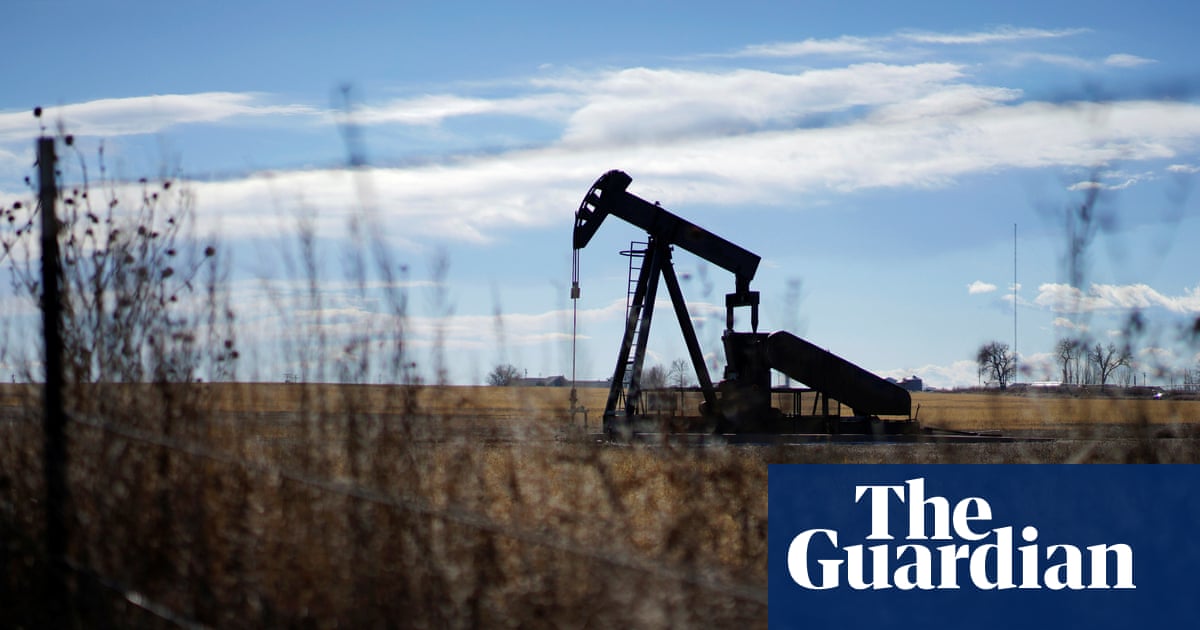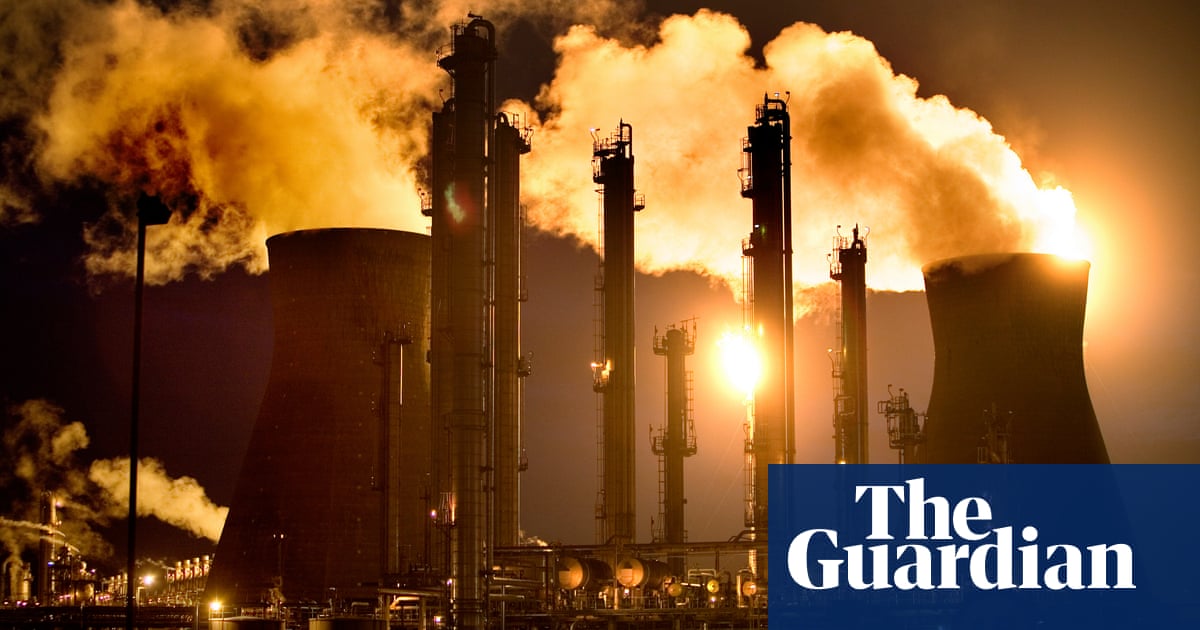Colorado landowners sue oil company over clean-up of ‘orphaned’ well | Oil and gas companies


Cindy McCormick and her husband bought a new property in Hudson, Colorado, in 2020. It was expansive, close to friends and had a stunning mountain view.
There was just one problem: an aging, abandoned oil well sat on one far edge of the land. The couple was a bit concerned, but the realtor and the well’s owner, Painted Pegasus Petroleum, assured them that it would be cleaned up.
“We kind of took that as, OK, this is great, it’s not a problem,” McCormick said.
When the well still hadn’t been plugged two years later, McCormick began to look for more information, but Painted Pegasus didn’t return her calls. When she reached county officials for help, they informed her that the company had filed for bankruptcy in November 2021.
“They said the well was orphaned and was now the responsibility of the state, and so it would be years probably before anything could be done to assist with our situation,” she said.
Orphaned wells – or oil and gas wells that are uncapped and unproductive without a responsible party identified to manage leakage or pollution risks – are a widespread problem. Some 1,800 lie across the state of Colorado, and of the 4m abandoned oil and gas wells in the US, about 117,000 across 27 states are orphaned, the Environmental Protection Agency estimates.
Last week, McCormick and her husband Randy joined a group of property owners and farmers in Colorado in filing a lawsuit against a Denver-based oil company, HRM Resources, for its contributions to this issue.
The plaintiffs, who are represented by environmental legal non-profit ClientEarth and law firms Richards Carrington and Borison Firm, say that oil companies including Chevron transferred hundreds of nearly depleted wells to HRM, which then conspired to avoid millions of dollars in clean-up obligations.
The lawsuit alleges that HRM Resources then committed fraud by transferring nearly 200 wells to Painted Pegasus Petroleum, a Texas-based shell company designed for bankruptcy. When it transferred those assets, the plaintiffs allege, HRM knew Painted Pegasus would soon go bankrupt, offloading well decommissioning costs on to private landowners or the state.
“Painted Pegasus was a mere dumping ground,” the lawsuit says.
HRM Resources did not respond to email or phone requests for comment.
As a result of the company’s behavior, the plaintiffs say they have been left with unproductive infrastructure on their properties that pollutes the air and leaches contaminants into the soil. Researchers have found that unplugged, unproductive wells can leak toxic chemicals, some of which are carcinogenic.
Another problem: when an operator enters bankruptcy, the responsibility for cleaning up the wells falls to the state and taxpayers are forced to foot the bill. One 2021 analysis found that that the median cost of plugging and reclaiming a single well – or returning the land to how it looked and was used – is $76,000. According to federal data, the cost of cleaning up all abandoned wells in the US could cost up to $19bn.
The abandoned well on her family’s property has been a major nuisance, said McCormick, causing delays when the local utility installed power lines.
“They hit a pipe underground, a part of the gas and oil pipe that was not on the land survey,” said McCormick. “They had to stop what they were doing … because it could have blown up.”
after newsletter promotion
The plaintiffs are calling on the court to establish their right to collect clean-up costs from the company they allege fraudulently sold the wells.
“If this case is successful, it could be a huge step in ensuring that the costs of cleaning up these wells are paid by the oil and gas companies who profited from them while empowering local communities against the polluters that have run roughshod over their land and health,” said Camille Sippel, an attorney at ClientEarth.
This would also be a win for the climate, Sippel said. According to the Environmental Protection Agency, in 2021, wells that were no longer producing oil or gas emitted 295,000 tons of methane – a greenhouse gas 80 times more planet-heating that carbon dioxide in the short term – creating the carbon equivalent of the annual emissions of 1.8m cars on the road.
Since unplugged wells are 100 times more polluting than plugged ones, according to the agency, stopping companies from dodging the clean-up process could dramatically lower those emissions.
The litigation follows another suit brought by land owners in West Virginia against gas producer EQT for allegedly fraudulently transferring 700 aging wells to another company to avoid clean-up responsibilities. EQT denies these allegations and is fighting the lawsuit in federal court.
It also comes as new public funding becomes available for clean-up. Through the Bipartisan Infrastructure Law, the interior department is allocating $4.7bn to decommission orphaned wells which have no party responsible for clean-up.
McCormick hopes the lawsuit is successful, and that legislation going after orphaned wells is put into place, making additional litigation unnecessary.
“We need the oil and gas companies to be accountable,” she said. “When you first come up against them, you think there’s nothing you can do.
“That shouldn’t be the case,” she said.
Source link




